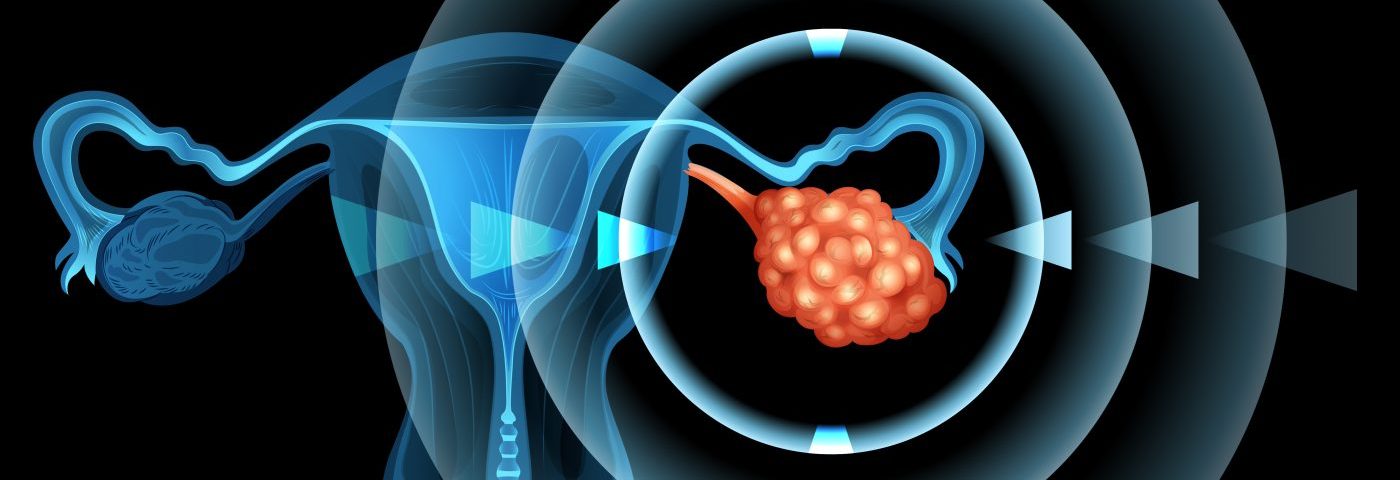The inflammation-generating protein interleukin 32 (IL-32) increased endometrial cells’ ability to multiply and invade other tissue, a study in mice showed.
Researchers said the findings suggested that IL-32 may play a role in the development of endometriosis. If this is confirmed, the results could lead to new treatment strategies, they said.
The study involved human endometrial cells in a mouse model of the disease. Titled “Role of interleukin-32 in the pathogenesis of endometriosis: in vitro, human and transgenic mouse data,” it was published in the journal Human Reproduction.
A growing number of studies are suggesting that IL-32 plays a key role in several inflammatory diseases. These include “rheumatoid arthritis, chronic obstructive pulmonary disease, chronic rhinosinusitis, ankylosing spondylitis and inflammatory bowel disease, “ the researchers wrote.
They wondered if it were also involved in endometriosis, which is characterized by chronic inflammation.
The team measured levels of IL-32 in fluids from the membrane lining the abdominal cavity of 45 women who had endometriosis and 40 who did not have it. They also measured the women’s levels of two other pro-inflammatory proteins, IL-1beta and TNF-alpha.
A key finding was that levels of IL-32 were significantly higher in women with endometriosis than in those without it, but the levels of the other proteins were the same in the two groups.
The team then introduced IL-32 to a line of human endometrial cancer cells called Ishikawa cells and to endometrial stromal cells. The endometrial cells multiplied and increased their capacity to migrate and invade other tissues.
The results suggested that endometrial cells that end up in the pelvis through menstruation “can survive and grow at ectopic [abnormal] locations due to the action of IL-32, and they can invade to adjacent tissues, eventually leading to establishment and progression of endometriosis,” the team wrote.
They then compared the amount of abnormal endometrial tissue in mice engineered to produce higher than normal levels of IL-32 with the amount of abnormal tissue in control mice. The engineered mice had larger endometrial lesions than the controls.
The animal findings “are quite consistent with the in-vitro [laboratory] cell culture data showing increased viability and proliferation [multiplication] following IL-32 treatment,” the researchers wrote.
Overall, “these findings strongly suggest that IL-32 may play a critical role in the pathogenesis of endometriosis through increasing viability, proliferation and invasion of endometrial cells,” they wrote.
Further studies are necessary to support the findings and to get an idea of whether inhibiting IL-32 signaling could be a way to treat endometriosis, they added.

